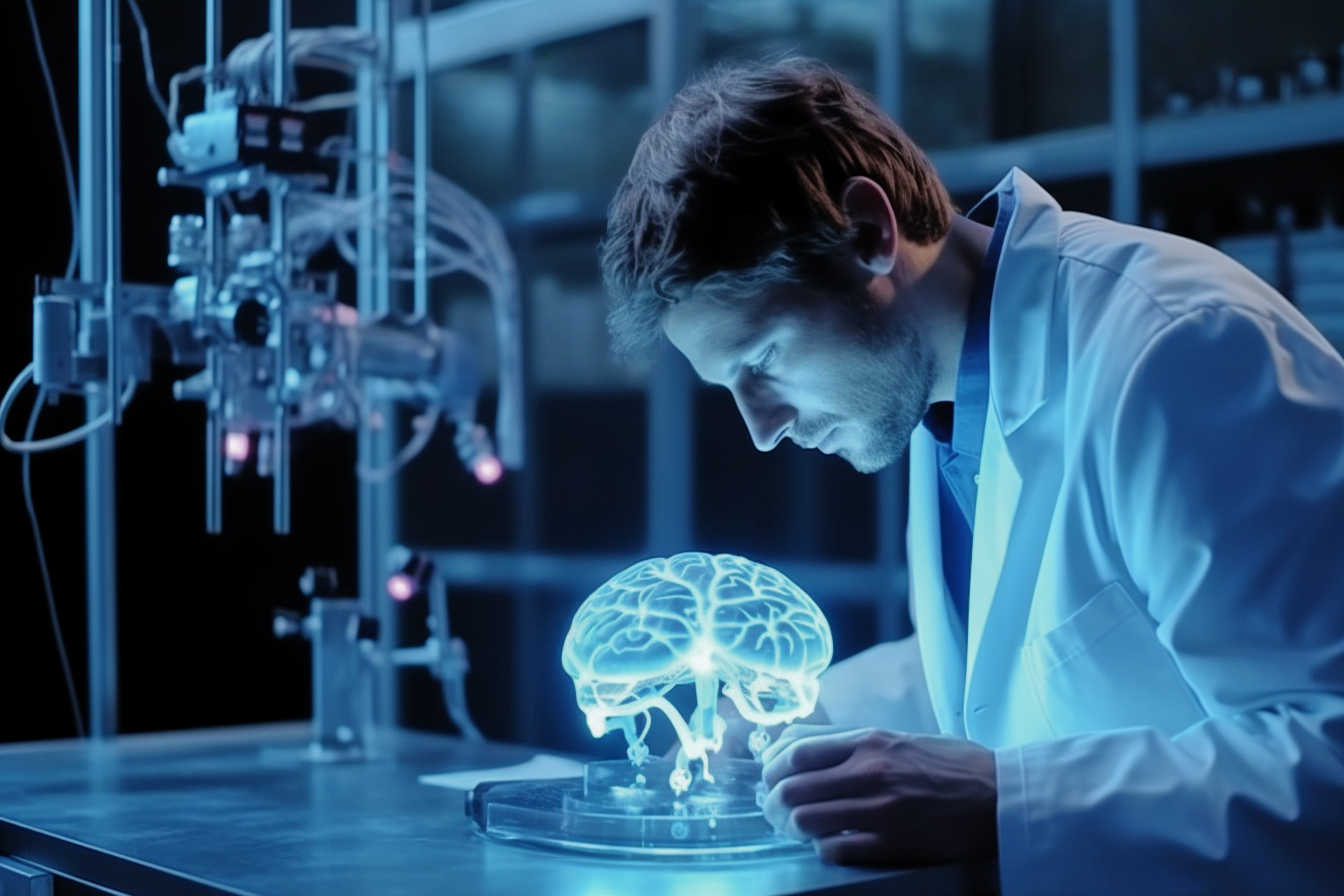The human mind, an intricate labyrinth of thoughts, emotions, and memories, has been a subject of fascination for centuries. Psychology, the scientific study of the mind and behavior, seeks to unravel its complexities. However, to truly understand the mind, we must delve deeper into the biological machinery that drives it – the brain. This is where neuroscience, the scientific study of the nervous system, comes into play. Neuroscience and psychology are two sides of the same coin, offering unique perspectives on understanding human behavior and cognition. This blog post explores the intersection of these two disciplines, highlighting the importance of neuroscience in psychology. We will delve into crucial neuroscience concepts that underpin psychological processes, the role of neuroscience in psychological treatments, and the future of neuroscience in psychology. By the end of this post, you will have a deeper understanding of how these two fields intertwine to understand the human mind and behavior comprehensively.
Understanding Neuroscience
Neuroscience is a multidisciplinary branch of biology that focuses on the structure, function, development, genetics, biochemistry, physiology, pharmacology, and nervous system pathology. The field has its roots in ancient Egypt but has evolved significantly with technological advancements. Neuroscience is divided into several branches, including cellular, molecular, cognitive, and computational neuroscience, each focusing on different aspects of the nervous system. Key concepts in neuroscience include neuroplasticity, the brain’s ability to reorganize itself by forming new neural connections, and neurotransmission, signal transmission between neurons.
Understanding Psychology
Psychology, derived from the Greek words ‘psyche’ meaning ‘soul’ and ‘logos’ meaning ‘study,’ is the scientific study of the mind and behavior. It emerged as a separate discipline in the late 19th century, with Wilhelm Wundt establishing the first experimental psychology lab. Psychology encompasses several branches, including cognitive, developmental, social, and clinical psychology. Critical concepts in psychology include cognition, the mental action of acquiring knowledge and understanding, and behaviorism, the theory that all behaviors are acquired through conditioning.
The Intersection of Neuroscience and Psychology
Neuroscience and psychology intersect in neuropsychology, which involves the study of the mind and the brain. Neuroscience informs psychology by understanding how the brain and nervous system influence cognition and behavior. For example, by studying the brain’s structure and function, we can understand the neurological basis of mental illnesses such as depression and anxiety. Neuropsychological studies have significantly contributed to our understanding of memory, language, perception, and other cognitive processes.
Key Neuroscience Concepts in Psychology
Several neuroscience concepts play a crucial role in psychology. Neuroplasticity, for instance, is fundamental to understanding how learning and memory work. Neurotransmitters, chemicals that transmit signals across a synapse, are integral to understanding mood and behavior. For example, serotonin is linked to mood regulation, and dopamine is associated with reward and motivation. Understanding the impact of brain injuries on psychological functions also provides insights into how different brain regions contribute to cognitive processes. Furthermore, the neuroscience of mental health disorders helps understand the biological underpinnings of these conditions.
The Role of Neuroscience in Psychological Treatments
Neuroscience plays a pivotal role in informing psychological treatments. Understanding the brain’s workings can help develop effective treatment strategies. For instance, medications for mental health disorders often target specific neurotransmitters to alter brain chemistry. Techniques like neurofeedback and biofeedback, which involve training individuals to regulate their brain activity, are also based on neuroscience principles.
The Future of Neuroscience in Psychology
The future of neuroscience in psychology is promising, with emerging trends and technologies poised to revolutionize our understanding of the mind and behavior. Neuroimaging techniques, such as functional magnetic resonance imaging (fMRI) and positron emission tomography (PET), are expected to become increasingly sophisticated, enabling researchers to study the brain in unprecedented detail. However, the integration of neuroscience into psychology also raises ethical considerations. As we can probe deeper into the brain, questions about privacy, consent, and the potential misuse of neuroscientific information become increasingly pertinent.
Conclusion
In conclusion, neuroscience and psychology are intrinsically linked, enriching the other to provide a more holistic understanding of the human mind and behavior. Neuroscience offers invaluable insights into the biological mechanisms underpinning psychological processes, from learning and memory to mood and motivation. These insights deepen our understanding of human cognition and behavior and inform the development of effective treatments for mental health disorders. Looking ahead, the future of neuroscience in psychology is bright, with advancements in neuroimaging and other technologies opening up new avenues for research. However, as we venture further into the realm of the brain, we must also navigate the ethical implications of our newfound knowledge. As we continue to explore the fascinating intersection of neuroscience and psychology, we are reminded of the words of the pioneering neurologist Santiago Ramón y Cajal: “To know the brain… is equivalent to ascertaining the material course of thought and will, to discovering the intimate history of life in its perpetual duel with external forces.”
